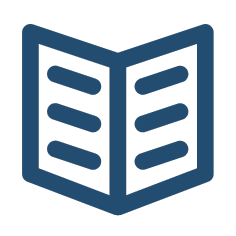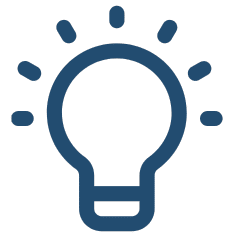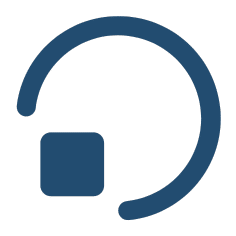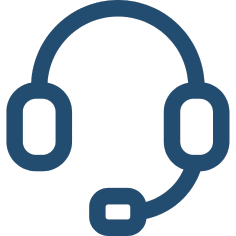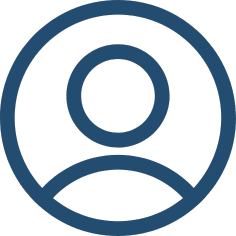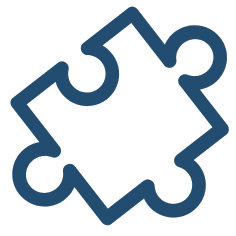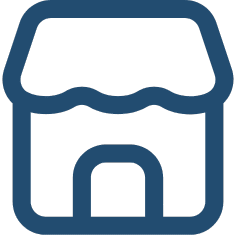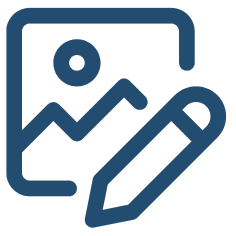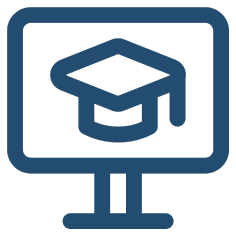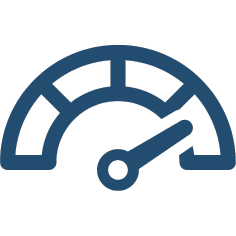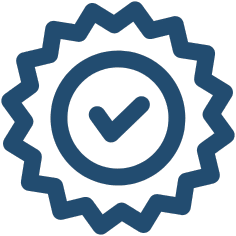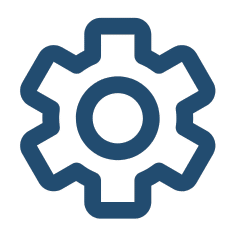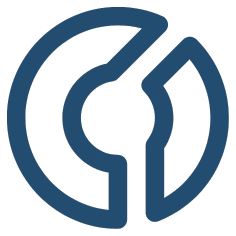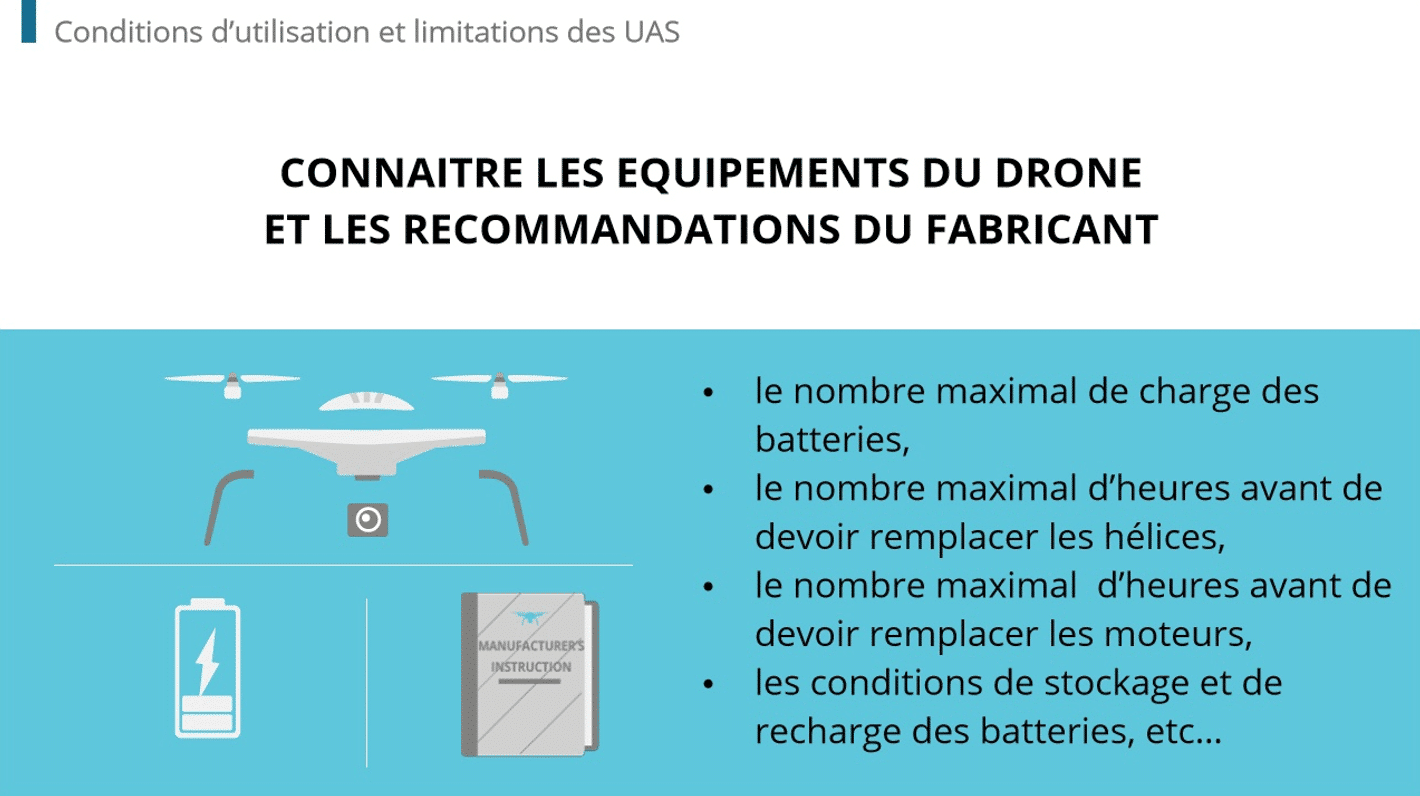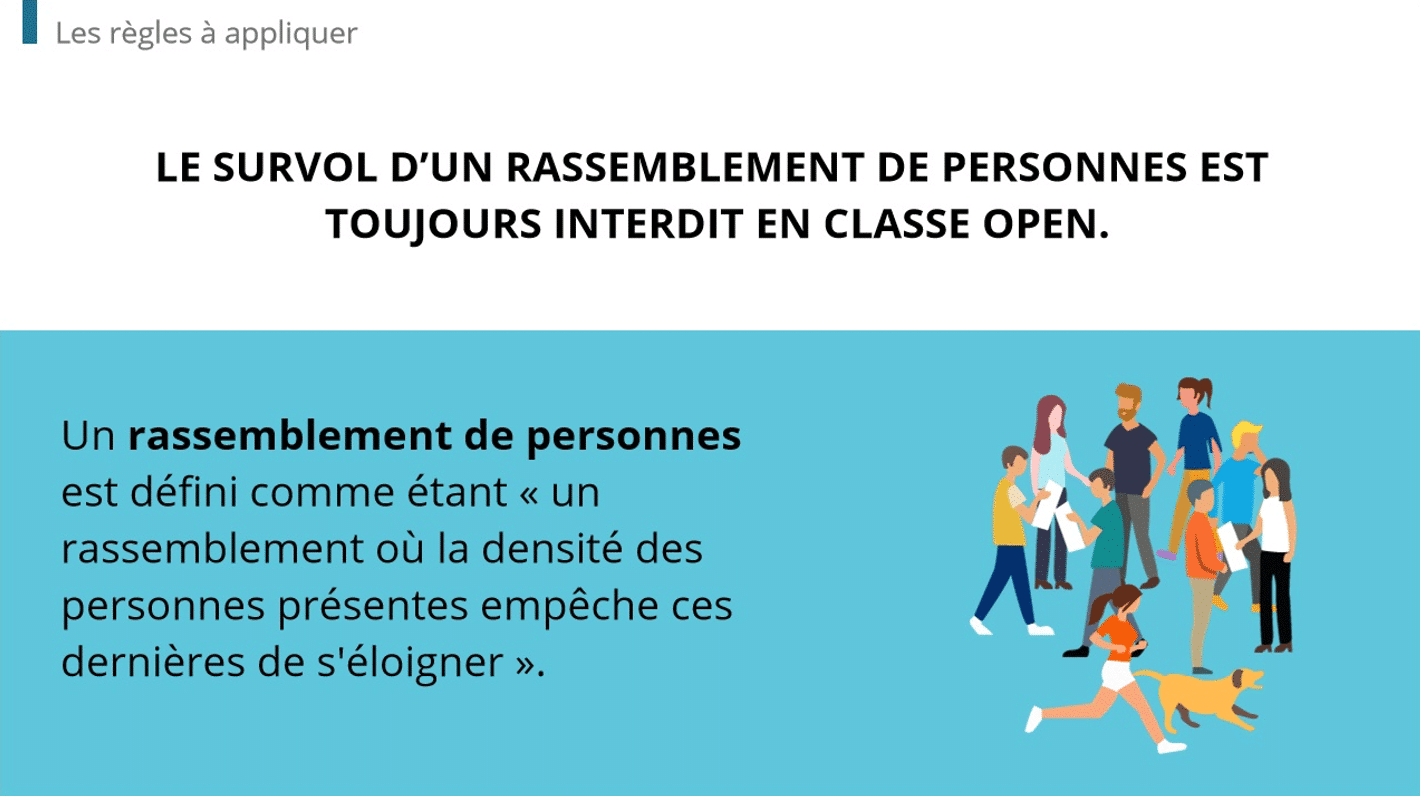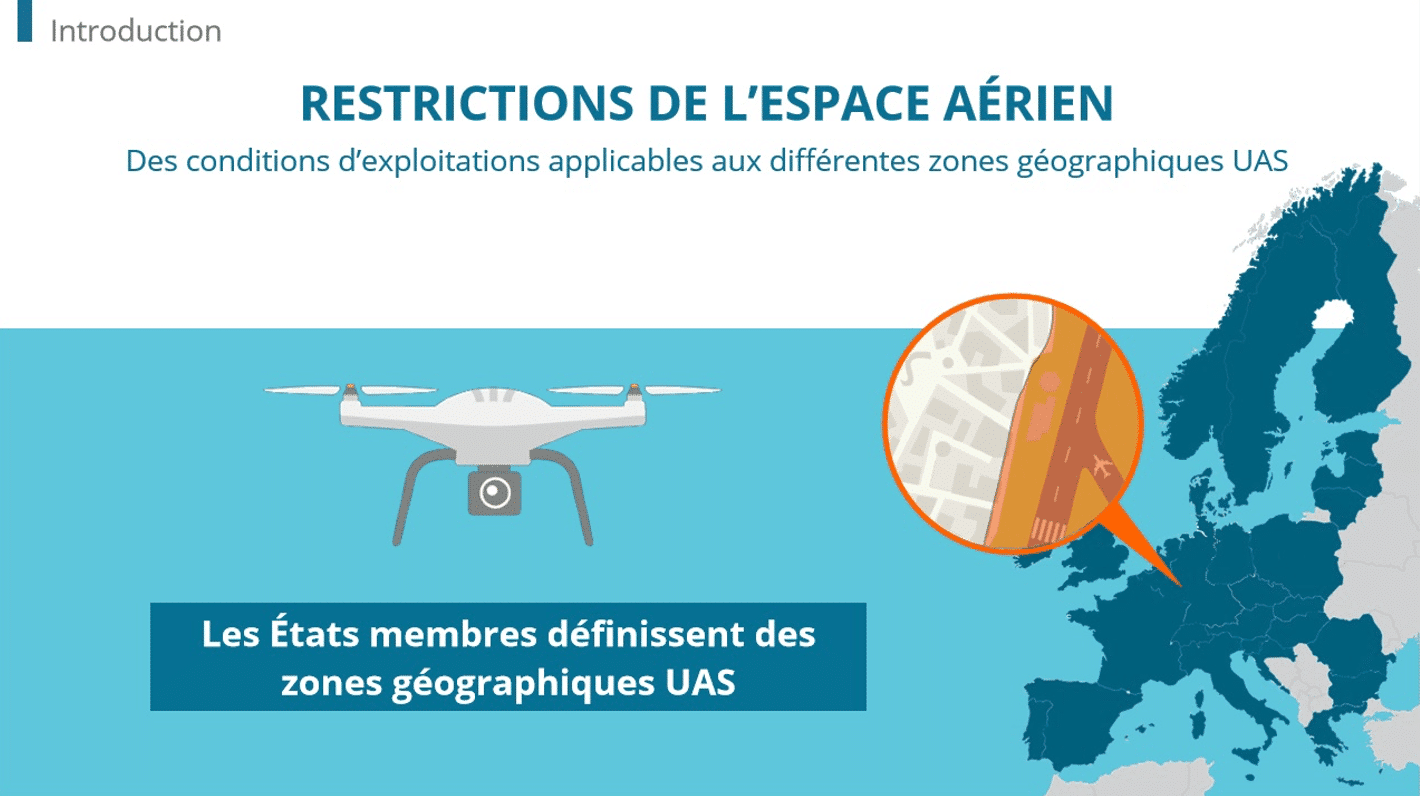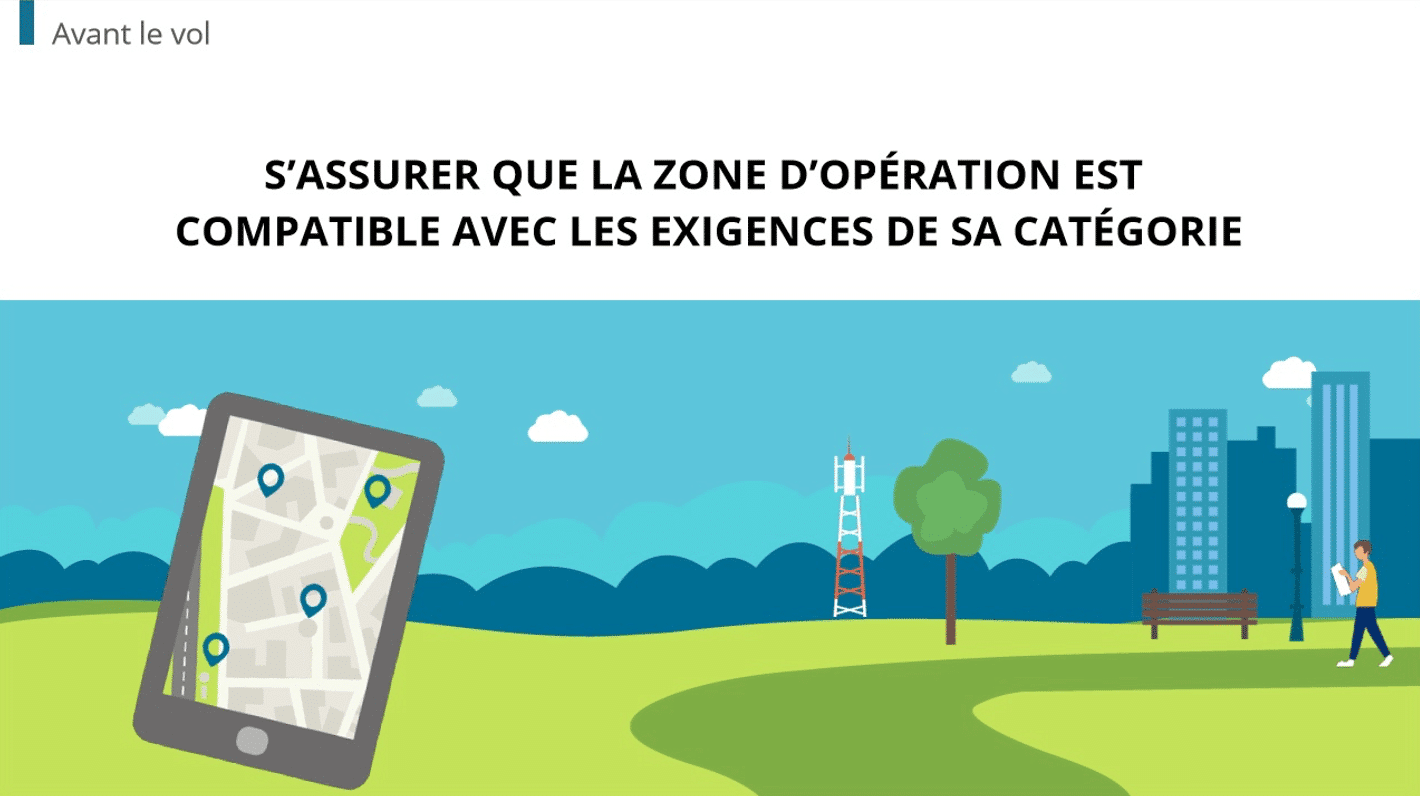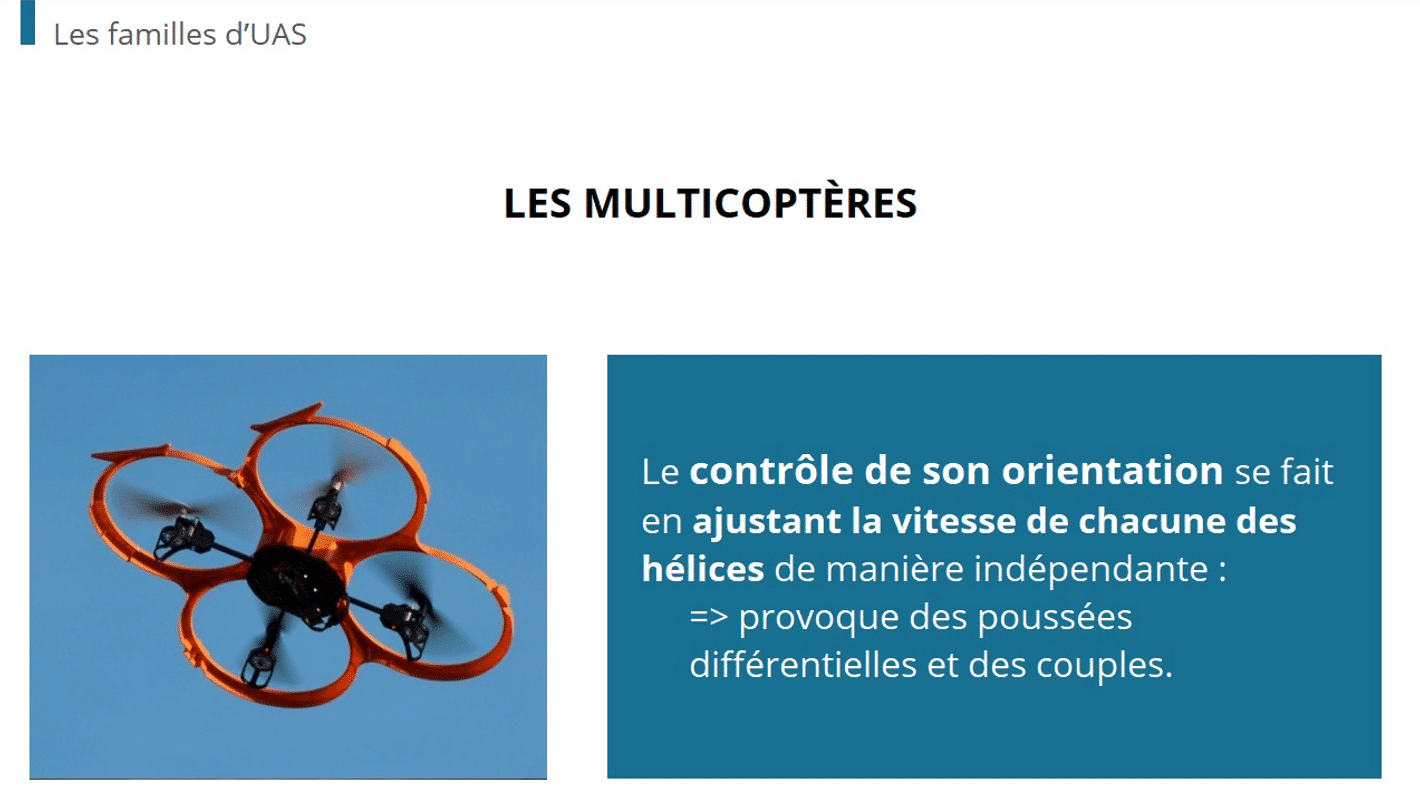The online corporate compliance training market is estimated to reach US$14.1 billion by 2029, according to Globenewswire. Regulatory compliance exists in most industries in one form or another. While regulations can be a headache to follow, they exist to ensure data integrity, staff wellness, and customer satisfaction. Unfortunately, it isn’t always efficient from a time and cost perspective to produce and run a compliance course via a traditional classroom. Digital learning, by contrast, provides a fresh approach that makes learning simpler for learners and administrators alike.
Why traditional classroom formats are less efficient
More companies nowadays are comprised of a remote workforce, with staff spanning across states, countries, and even continents. It’s not realistic to train a remote team in a brick-and-mortar classroom. Furthermore, if you lack office space or have a large team, classes may need to be held outside company premises in a rented venue. This can significantly add to the cost.
While it varies depending on industry and company size, a report from The Association for Talent Development estimated that it costs an average of $1,252 to train a single employee. It has been estimated that up to 85% of training costs are associated with traditional classrooms, such as venue rental, travel, lodging, and equipment. The switch to digital learning, however, can significantly slash spending. The software company Oracle, for instance, reported a savings of $10 million when it transitioned from in-person training events to virtual video webinars.
How digital learning simplifies compliance training
Today’s digital learning technologies make compliance training easier for learners and HR. Here’s a look at how it assists both course takers and course creators.
Digital Learning for HR
For HR compiling the compliance course, digital learning provides a money- and time-saving solution. Here are how course administrators and moderators are taking advantage of the latest e-learning technology.
1. Easy course creation
Digital learning uses an intuitive interface and existing templates that simplify content creation. Divide lessons by short modules. If there are updates, just add an existing module or tweak an existing one and refer students to the changes or add-ons. Changes to regulations typically only pertain to one section or two and not an entire overhaul, so manual course updates only require minor modifications.
2. Reuse the course
Once you create the course, you can reuse it as often as necessary for onboarding employees. You can also refer incoming staff to previous recorded lectures and webinars, as opposed to a live instructor teaching the same regulations to every incoming team. You also save on paper and printing costs.
3. Track Progress
Choose and filter the desired metrics and get an automated summary of individual and collective performance in real time. No need for manual grading of paper exams or assignments. With modern AI and business intelligence, Dokeos digital learning tools are also capable of generating written performance evaluations.
4. Make certificates
Make your own company-approved certificates complete with brand emblem/logo using existing templates. Certification is proof of completion that can be useful during audits, employee transfers, sponsor requests, etc.
Digital learning for employees
Those taking the compliance e-course will benefit from more digestible and engaging learning formats. Here’s how.
1. Short courses
Compliance isn’t exactly the most thrilling subject. The longer the course the more uninspiring and unmotivated the learners become. However, the process becomes more manageable if courses can be completed in phases. Learners benefit more from taking independent and standalone modules that can be completed during breaks, downtime, or idle periods in the office.
2. Active learning
Students can take a more hands-on learning approach even in a remote environment. Active learning naturally incorporates sensory learning via diverse media. Here are ways students can enrich their learning through active elements:
- Students can ask questions and learn from their peers through a message board and threads
- Discussion sessions where learners voice their opinion (e.g. “This compliance measure doesn’t make sense”, “I think this regulation update is long overdue”)
- Role-play sequences where students demonstrate compliance understanding in on-the-job scenarios
- Webinars where students assume the role of instructor
- Quizzes and exams with open-ended answers
3. Archive access
Even once the course is over, keep the course available in an archive section that employees can return to at any time for a refresher. Instead of asking HR questions about what is already covered, they can just refer to the course. Even if there are no active courses in progress, employees always have a compliance encyclopedia of sorts at their fingertips.
4. Un-formalize it
Just because official compliance material is very formal in nature doesn’t mean your course has to be. Learning takes on a more relaxing atmosphere when you make the course more casual. Replace the formal compliance text with the wording you would use when texting a friend. Further use of media like memes, emojis, and gifs makes the experience feel less uptight when reading dry compliance material.
Compliance training simplified with Dokeos digital learning solutions
Digital learning doesn’t make compliance training effortless, but it does make it relatively more manageable, engaging, less time-consuming, and more flexible. Are you an instructional designer or training manager looking for an LMS platform that implements Compliance Training in an adaptive way? Digital Learning leader since 2004, Dokeos is a creator of e-learning solutions. Begin with a no-cost trial of Dokeos e-learning solutions.
Are you looking to train your staff in life sciences regulatory requirements? GxP Training is a catalog of accredited online courses designed to help life science professionals meet their regulatory requirements. Contact us !





